
Does My Lone Vote Matter? Yes, ONE vote has changed history!
One of the most common reasons people give for not voting in elections is that they feel their lone vote doesn’t make a difference. History, however, shows otherwise—especially when it comes to presidential elections, as illustrated by these extremely close races.

Summary of select elections where one vote decided the outcome:
- In the 2018 Kentucky House of Representatives election, the initial count decided that Democrat Jim Glenn defeated Republican incumbent DJ Johnson by 1 vote, which was confirmed by a recanvass.
- During the 2016 Vermont Senate Democratic Primary, Superior Court Judge Timothy Tomasi determined that former Sergeant-at-Arms Francis K. Brooks defeated fourth-place finisher Ashley Hill by one vote, 3,709 to 3,708.
- In the 2010 Massachusetts House of Representatives election, Peter J. Durant was initially declared the winner by 1 vote, judge Richard T. Tucker ruled that one absentee ballot that was initially discarded was to be counted for Geraldo Alicea creating an exact tie.
- In 2002, the Connecticut House of Representative’s votes, Republican Anne Ruwet defeated Democrat John S. Kovaleski by one vote (3,236–3,235).
- In 1988 Massachusetts Governor’s Council Democratic Primary, Herbert L. Connolly lost to Robert B. Kennedy by one vote.
- The 1876 presidential election between Hayes and Tilden was decided by 1 vote!
- The 1824 race for Adams was decided by a single vote.
One of the most common reasons people give for not voting in elections is that they feel their lone vote doesn’t make a difference. History, however, shows otherwise—especially when it comes to presidential elections, as illustrated by these extremely close races.
The 1960 United States presidential election was held on Tuesday, November 8, 1960. John F. Kennedy fought hard for the Democratic nomination, besting Hubert Humphrey over 13 primaries and then defeating Senate Majority Leader Lyndon B. Johnson on the first ballot at the Democratic National Convention. Richard Nixon, who had been vice president under Dwight D. Eisenhower, was nominated by the Republicans to face Kennedy in the general election. It was an extremely tight race, with the candidates tied at 47 percent in the Gallup polls. Kennedy won the popular vote by less than 120,000 votes out of 68.8 million votes cast and received 303 electoral college votes to Nixon’s 219.
The 2000 presidential election between George W. Bush and Al Gore was one of the most contentious in American history and one of the closest—just days before the election, pollsters said it was too close to call. Vote tallying was marred by inconsistencies, particularly in Florida, where Al Gore demanded a recount. Legal challenges eventually brought the race before the U.S. Supreme Court, where calls for a recount were rejected, handing the election to George W. Bush. Bush won the electoral college with 271 votes to Gore’s 266 but Bush lost the popular vote by some 500,000.
Determining the Republican candidate in the 1880 presidential election turned into a heated three-way race in which James A. Garfield, then head of the Ohio delegation, wasn’t even a part. However, he received a handful of courtesy votes during the early balloting, then more and more as the balloting continued. On the 36th ballot, he won the party’s nomination. Garfield faced Democrat Winfield Scott Hancock, an American Civil War hero, in the general election and, despite a hint of personal scandal, managed to win by a mere 7,368 popular votes and 214 votes in the electoral college to Hancock’s 155.
Politics didn’t get more rough and tumble than the 1876 presidential election, which ultimately positioned Republican Rutherford B. Hayes against Democrat Samuel J. Tilden, who was governor of New York. Hayes won his party’s nomination on the seventh ballot, then campaigned in the face of national anti-Republican sentiment resulting from the many scandals of outgoing President Ulysses S. Grant. The election was hard-fought, and the vote tallying was marred by irregularities and hostility. It became the longest and most controversial election up to its time and threatened to wreak havoc across the country. It was finally concluded in the House of Representatives when the speaker forced completion of the vote count on March 2, 1877. Hayes lost the popular vote to Tilden by some 250,000 votes but won the electoral college by a single vote.
Unlike earlier elections, those running in the 1824 race were chosen based on regional popularity rather than party affiliation. John Quincy Adams’s path to the White House pitted him against four other candidates in a race that was long, difficult, and ultimately determined by a single vote in the House of Representatives. Facing Adams were John C. Calhoun, William H. Crawford, Henry Clay, and Andrew Jackson. Jackson won the popular vote with 152,901 to Adams’s 114,023, with Clay and Crawford coming in third and fourth, respectively. Calhoun had withdrawn from the race in the hope of becoming vice president. Jackson did not receive enough votes to win in the electoral college, so, under the Twelfth Amendment, it fell to the House of Representatives to determine the outcome. Adams won by a single vote after Clay was eliminated through negotiation and his supporters in the House awarded their votes to Adams. Jackson and his supporters were livid at the results.
Many other more local elections were decided by very few votes.
In the 1962 Minnesota Gubernatorial race the vote count after election day had Governor Elmer L. Andersen in the lead by 142 votes. Then-Lieutenant Governor Karl Rolvaag went to court and won the right for a recount. After the recount, it was determined that Rolvaag of the DFL had defeated Andersen, Republican, by 91 votes out of over 1.2 million cast. Rolvaag collected 619,842 votes to Andersen’s 619,751.
In the 1988 Massachusetts Governor’s Council Democratic Primary, Herbert L. Connolly lost to Robert B. Kennedy by one vote, and it was his own. Connolly arrived at his precinct a few minutes after the polls closed and wasn’t able to vote. Kennedy won the following general.
In the 1994 Wyoming House of Representatives election, Republican Randall Luthi and independent candidate Larry Call each received 1,941 votes in a state House race in northern Lincoln County. On live TV (NBC‘s Today Show) Secretary of State Kathy Karpan drew a ping pong ball with Luthi’s name out of Governor Sullivan’s rumpled cowboy hat.
In 2002, the Connecticut House of Representative’s votes, Republican Anne Ruwet defeated Democrat John S. Kovaleski by one vote (3,236–3,235).
In the 2010 Massachusetts House of Representatives election, Peter J. Durant was initially declared the winner by 1 vote, judge Richard T. Tucker ruled that one absentee ballot that was initially discarded was to be counted for Geraldo Alicea creating an exact tie. Six months later, a special election was held where Durant beat Alicea by 56 votes.
During the 2016 Vermont Senate Democratic Primary, Superior Court Judge Timothy Tomasi determined that former Sergeant-at-Arms Francis K. Brooks defeated fourth-place finisher Ashley Hill by one vote, 3,709 to 3,708. The victory hinged on a disputed ballot from Worcester that Tomasi determined contained a vote for Brooks, but not one for Hill. Brooks went on to win the general election that Fall.
In the 2018 Kentucky House of Representatives election, the initial count decided that Democrat Jim Glenn defeated Republican incumbent DJ Johnson by 1 vote, which was confirmed by a recanvass. Johnson filed for a recount, and Glenn was seated on January 8, 2019. The House later ordered another recount which was carried out over the weekend of January 30. Following that recount, Glenn emerged as the winner by 3 votes, but then the County Board of Electors voted to reinstate one of the votes taken from Johnson earlier in the day and later to count five of 17 rejected absentee ballot. The result was a 6,323-6,323 tie. On February 8, 2019, when Glenn threatened to sue if a coin toss were held and he lost, Johnson withdrew his challenge, thus settling the election.
There are many more examples of how one vote has changed history, so you better believe that your lone vote matters! You can vote for Mayors, City Council, Governors, Senators, and more.
What matters to you on a daily basis?
People’s needs – from the police to sanitation, education to fire protection, housing, and public transportation – are seen to, most directly, by city governments. Where the mayor is a significant policymaker, an administrator may be given responsibility for daily operations. The legislature, in general, adopts the budget and general policy positions, passes resolutions with legislation, and audits the government’s performance. Even if the mayor in a city doesn’t have direct authority, his or her ability to use local politics can lead to more power. Some mayors may use politics to influence council members, or the city manager, to meet their agenda. And, of course, a city’s citizens have power, too — if they don’t like what the mayor’s doing, they can vote him or her out of office.
One of the City Council’s main duties is the enactment of the City’s annual budget. Council sets fiscal policies and approves all spending, whether for operations (e.g., salaries) or capital items such as major equipment purchases, street repairs, or other public improvements. The regulation of land use, including the creation and amendment of zoning laws, is another significant Council responsibility. While most of the proposed laws which come before Council are referred by the Administration, Council may also initiate legislation itself. Council members will often propose new programs at the suggestion of city residents.
Governors and Senators decide state laws and oversee the state.
In the United States, a governor serves as the chief executive officer and commander-in-chief in each of the fifty states and in the five permanently inhabited territories, functioning as both head of state and head of government therein. As such, governors are responsible for making laws, declaring war, raising and providing public money and overseeing its proper expenditure, impeaching and trying federal officers, approve all presidential appointments, approve treaties negotiated by the executive branch, oversight, and investigations.
The Senate fulfills its role as a check on government by scrutinizing bills, delegated legislation, government administration, and government policy in general. It does this by way of procedures utilized in the Senate chamber itself and through the operation of the Senate committee system.
Voting local, with Mayoral and City Council elections will affect how often your streets get repaired and what kind of budget is spent on things important to you in your city. Voting for a Governor and Senator more affects your state overall, and the Presidential election affects the nation. With the tasks outlined it’s easy to see how important it is to vote in your local elections as well as state and national elections. Every single vote matters, regardless of what you hear, so VOTE in your local, state, and national elections!

Our Vote. Our Future.
Our Vote. Our Future.Our Country is in Chaos. We Must Unite this Great Nation. American workers have been the backbone of this country. They have sacrificed for this country. They built this country and have even died for this country. Too often their role has been...
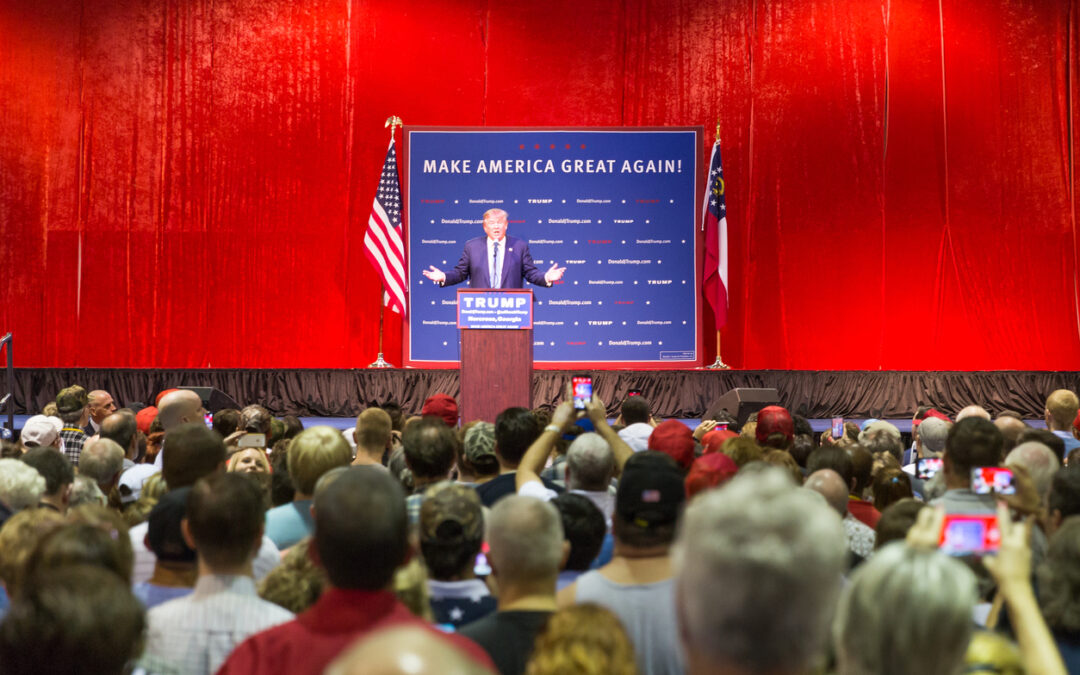
Does President of the United States Have Too Much Power?
Does President of the United States Have Too Much Power? Questions about whether the US president has too much power have been raised regularly since America’s very first days. Are you concerned that President Trump may have gone too far in overstepping his boundaries...
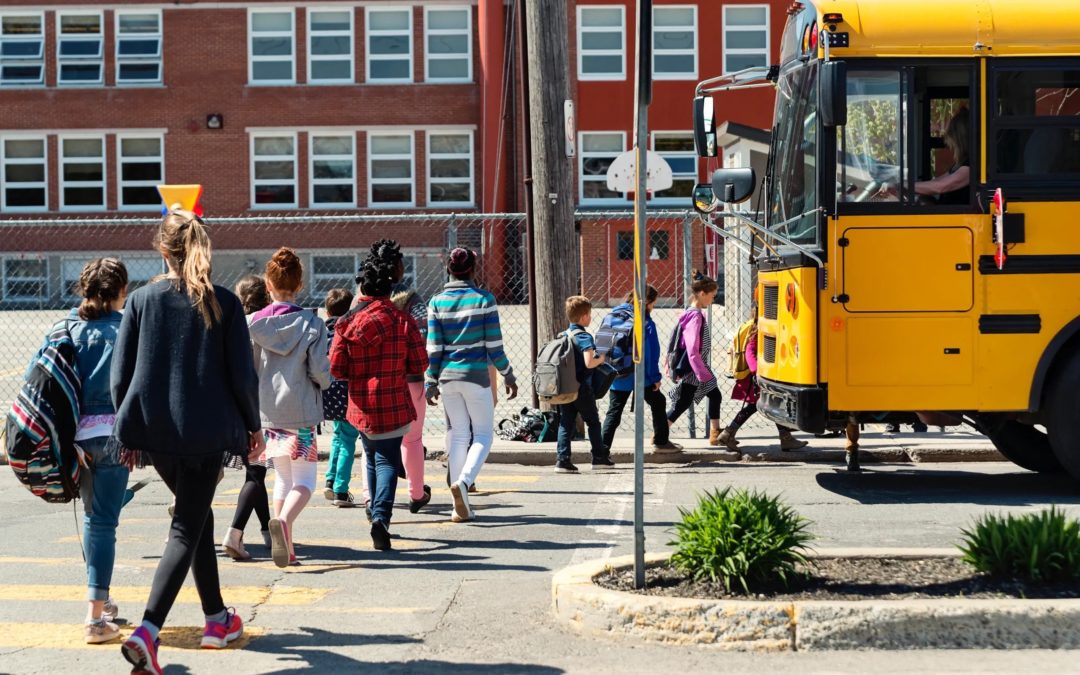
Your vote matters. Find out the impact your vote has!
Your vote matters. Discover the impact your vote has! OnPoint Facts What can you do to help reduce our global plastic waste? Other Voting Articles
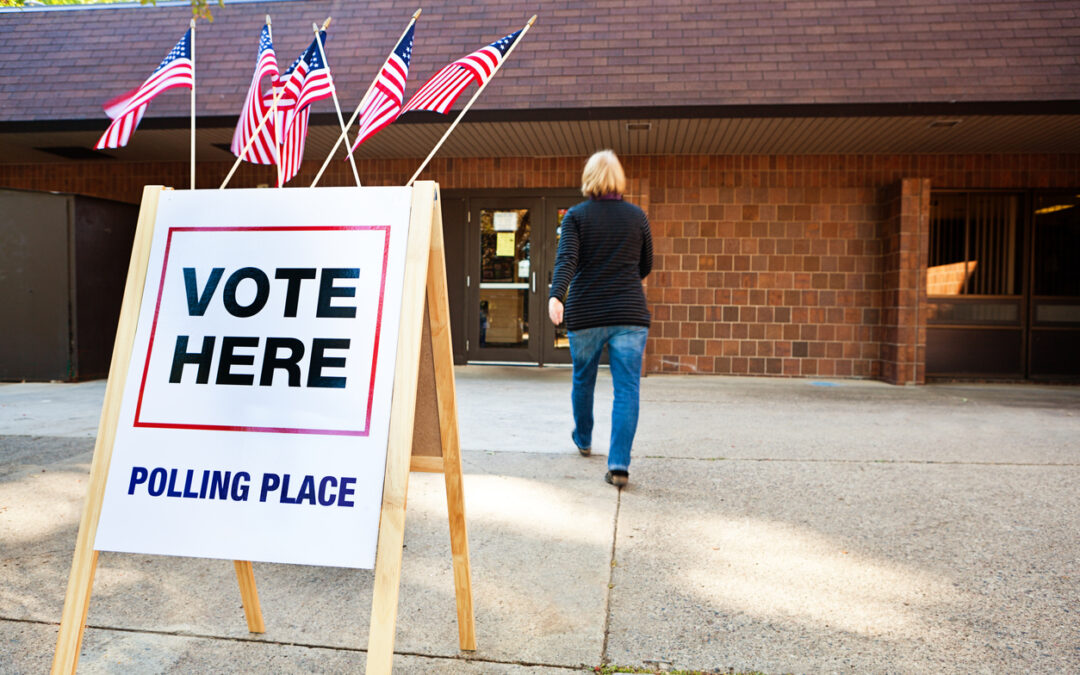
Ranked-Choice Voting might fix America’s dysfunctional politics
Voters should be able to vote for candidates they support; not just vote against candidates they oppose most. With ranked choice voting, you can rank candidates in order of choice without concern of how others will vote and who is more or less likely to win.
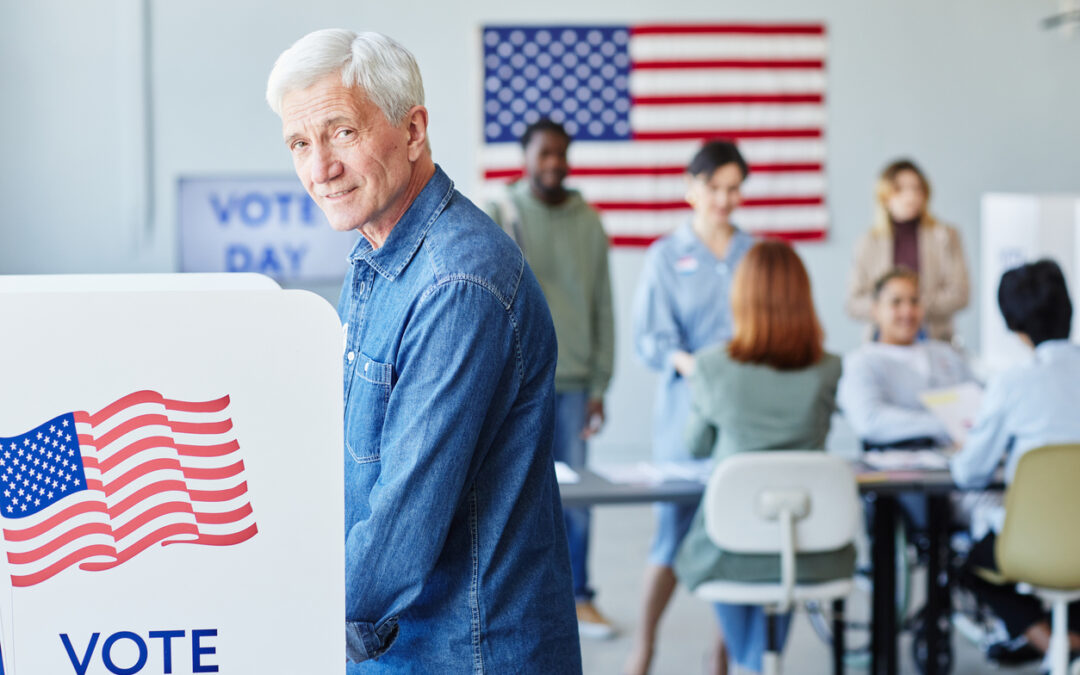
Are you registered to vote? Check your polling place here!
Are Your Registered to Vote? Check your polling place here!Voting in the United States is complicated, especially with different registration and voter deadlines from state-to-state. But there are may resources available to help you make sure you are registered, find...
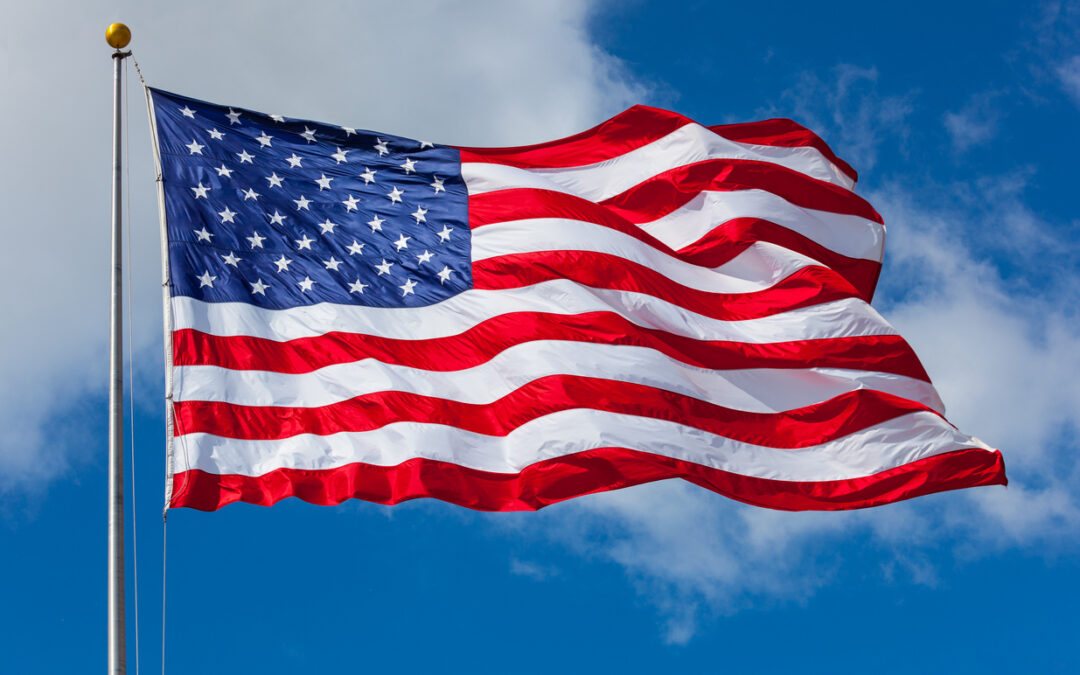
Voting in America. Shifting Tides.
As Americans, we expect our voices to be heard, our views to be respected, and our votes to truly count. It’s easy to see that something is broken in American politics.

